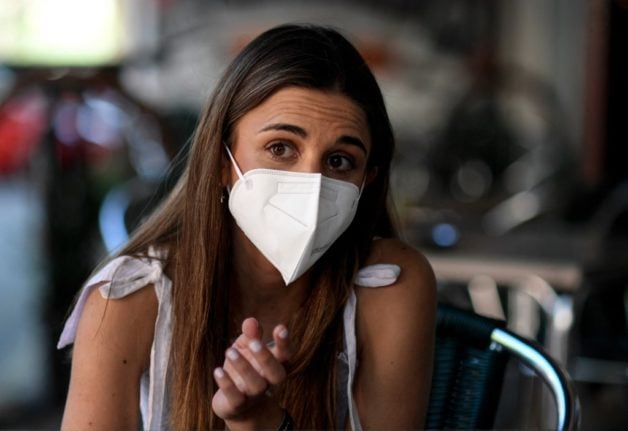For many, New Year’s Eve means fireworks and sparklers. Unfortunately, several of Norway’s largest cities have chosen to cancel their public displays in 2021, for several reasons.
The public fireworks display has been cancelled for the second year running in Oslo. While last year the cancellation was due to Covid-19, this year’s event has been scrapped for budgetary reasons.
Fireworks shows have also been axed in Trondheim, Drammen, and Kristiansand. The displays in Trondheim and Drammen have been dropped due to national Covid restrictions, which prohibit more than 100 people from gathering at a public event outdoors.
In northern city Bodø, the municipality will have a display, but without the crowds. Instead, people will be asked to tune in digitally or watch the show from their homes.
Bergen and Stavanger will have displays too. In Stavanger, the public is being encouraged to not gather at launch sites and instead watch them from where they are celebrating the new year.
There will be a display in Tromsø, but the municipality isn’t organising it. Instead, it’s being arranged by private individuals and the business community in the arctic city.
What are the Covid-19 rules this New Year’s Eve?
Norway currently has recommendations on the number of people allowed to gather. These guidelines are not legally enforceable, but the public is asked to limit events to 10 guests at home or up to 20 on one occasion over the holiday period.
The government introduced a national ban on the sale of alcohol in bars and restaurants on December 15th.
In addition, there are limits on the number of people allowed to gather in public, with no more than 100 people permitted to gather outdoors.
The New Year’s sales won’t be too heavily disrupted, although shoppers will need to wear face masks and maintain a social distance. Some shops may opt to enforce capacity limits.
READ MORE: What are Norway’s Covid rules this New Year’s Eve?




 Please whitelist us to continue reading.
Please whitelist us to continue reading.
Member comments